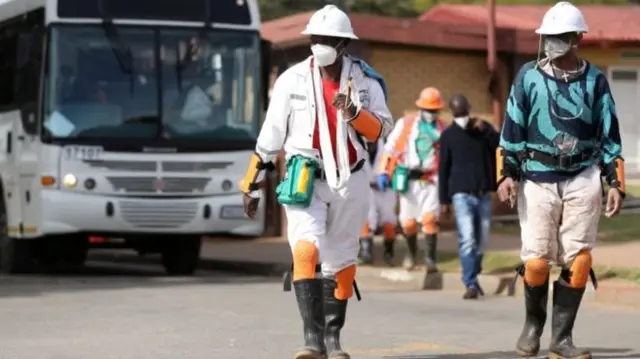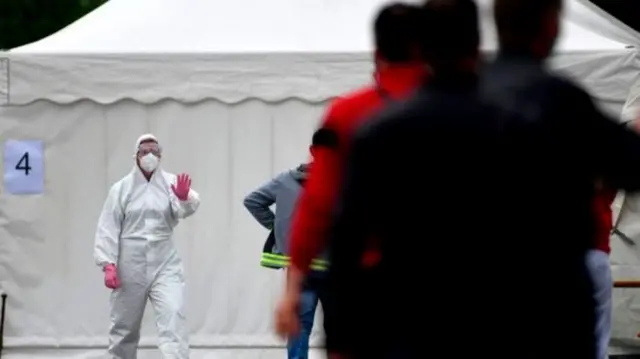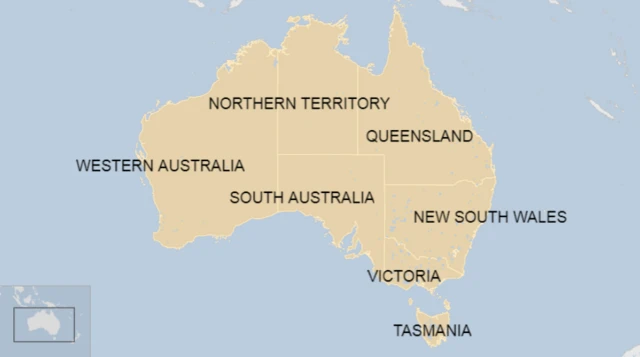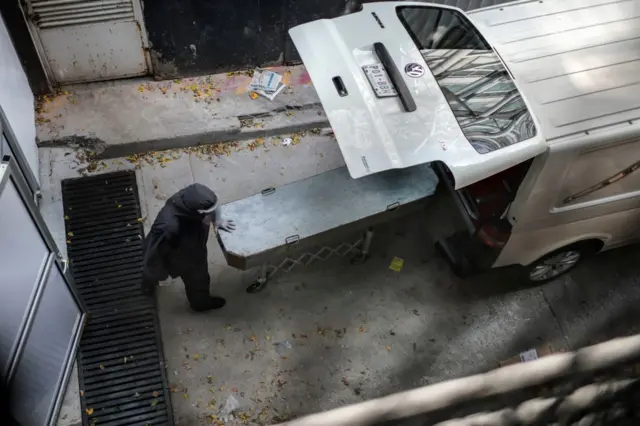South Africa virus deaths 'to soar'published at 03:47 BST 21 May 2020
 Image source, Reuters
Image source, ReutersAt least 40,000 people could die with coronavirus in South Africa by the end of the year, scientists have warned. The projections were made by a group of academics and health experts advising the government.
They assume tough lockdown restrictions will be eased from June, as President Cyril Ramaphosa has announced.
The curbs - which were introduced in March and include a ban on tobacco and alcohol sales - have been credited with slowing the spread of the virus.
The country of 57 million people has recorded just over 18,000 cases of Covid-19 and 339 deaths linked to the disease so far.





